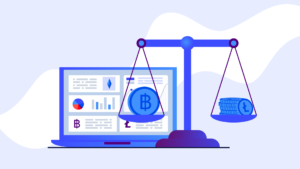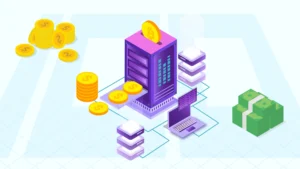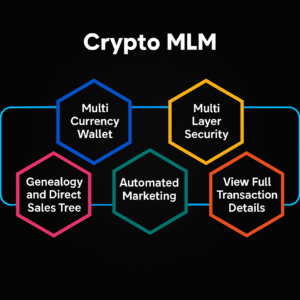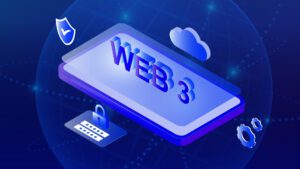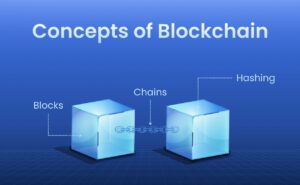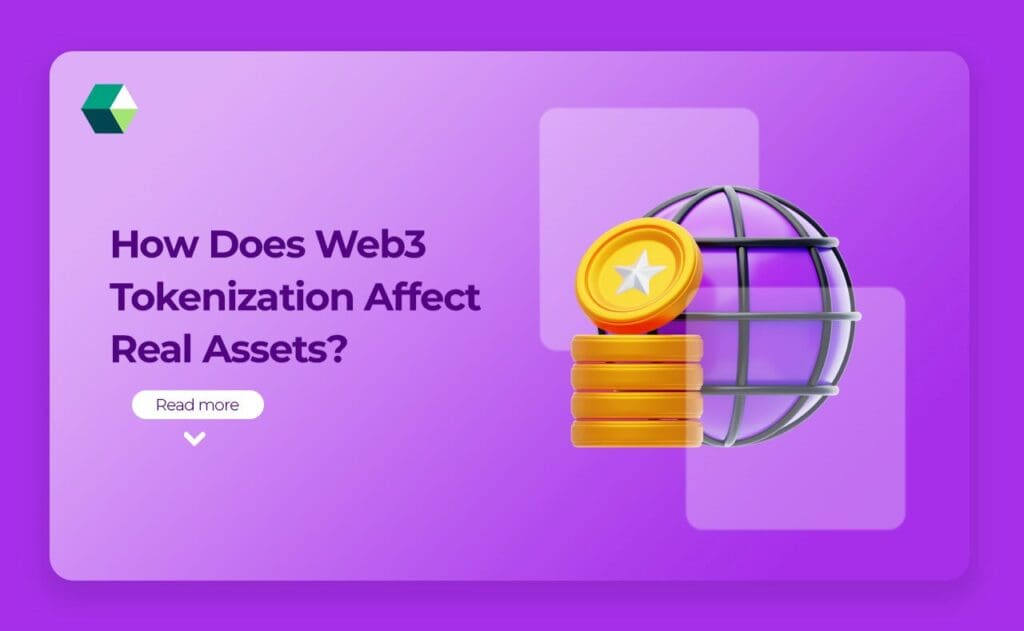
Web3 Tokenization has emerged as a revolutionary concept with significant implications for real assets. This transformation, driven by Web3 Consulting Companies, presents both opportunities and challenges for asset management, investment, and ownership. Web3 tokenization refers to the process of converting physical or non-physical assets into digital tokens on a blockchain. These tokens represent ownership, rights, or value associated with the underlying asset.
What is Web3 Tokenization?
Web3 tokenization refers to the process of converting assets or rights into Digital Tokens on a blockchain, enabling their trade, transfer, or utilization within decentralized applications (dApps) and ecosystems. Unlike traditional financial systems, which rely on centralized intermediaries, tokenization in Web3 leverages the power of blockchain technology to provide transparency, security, and efficiency.
In Web3, tokenization can apply to various assets, including real estate, art, and even personal data. For businesses and individuals looking to navigate this innovative space, engaging with a Web3 Consulting Company can be invaluable. Each asset is represented by a unique token on the blockchain, often compliant with standards like ERC-20 or ERC-721, which ensures interoperability and ease of use within the Web3 environment.
How Does Web3 Tokenization Affect Real Assets?
Firstly, tokenization increases liquidity by enabling assets to be divided into smaller, tradable units. This fractional ownership lowers the barrier to entry for investors, allowing them to buy or sell portions of high-value assets that would otherwise be out of reach. For instance, a property can be tokenized into hundreds of shares, making it accessible to a broader range of investors. This reduces the risk of fraud by offering Web3 Consulting Solutions and simplifies the transfer of ownership by eliminating the need for intermediaries. Real asset transactions become more efficient, with faster settlement times and reduced costs.
Technical Requirements for Tokenizing an Asset
-
Blockchain Platform Selection
Choose a suitable blockchain platform that supports smart contracts and token standards. Ethereum, Binance Smart Chain, and Polkadot are popular choices due to their established infrastructure and compatibility with standards like ERC-20 or ERC-721 for tokens.
-
Smart Contract Development
Develop and Deploy Smart Contracts that define the rules and functionalities of the tokenized asset. These contracts should handle aspects such as ownership, transferability, and compliance with relevant regulations.
-
Token Standard Compliance
Ensure the token adheres to established standards (e.g., ERC-20 for fungible tokens or ERC-721 for non-fungible tokens). Compliance with these standards facilitates interoperability with various dApps and platforms within the Web3 ecosystem.
-
Asset Valuation and Legal Framework
Integrate mechanisms for accurate asset valuation and establish a legal framework for the tokenization process. This includes ensuring that the tokenization process complies with local laws and regulations, and that ownership rights are clearly defined.
-
Security and Auditing
Implement robust security measures to protect against potential vulnerabilities and attacks. Regularly audit smart contracts and the overall tokenization process to ensure they meet security standards and operate as intended.
Costs Associated with Tokenizing an Asset
Tokenizing an asset involves several costs that can vary depending on the complexity and scope of the project. Initially, there are expenses related to selecting and setting up a blockchain platform, including network fees, platform integration, and infrastructure costs. Developing and deploying smart contracts requires technical expertise, so hiring Blockchain Developers or Web3 Consulting Services is another significant expense. Additionally, integrating Non-Fungible Token (NFT) in Web3 solutions adds another layer of complexity, impacting development and compliance costs. There are also expenses associated with asset valuation and legal compliance. Engaging legal experts to navigate regulatory requirements and establish the legal framework for the tokenization can be substantial. This includes ensuring that the asset and its tokenized form meet all applicable laws.
Regulatory Challenges Associated with Tokenization
Tokenization introduces several regulatory challenges that can vary widely depending on jurisdiction and the nature of the asset being tokenized. One of the primary concerns is compliance with existing financial regulations, which can be complex and differ between countries. Regulatory bodies may have stringent requirements for securities, Anti-Money Laundering (AML), and Know-Your-Customer (KYC) Processes, all of which must be carefully navigated to avoid legal pitfalls.
Another challenge is ensuring that tokenized assets meet the legal definitions of property or securities in different jurisdictions. Engaging a Web3 Consulting Firm can help navigate these challenges effectively by providing expert guidance on regulatory compliance and adapting to changing legal landscapes. This often requires thorough legal analysis and adjustments to ensure that the tokenization process aligns with local laws and regulations.
Potential Risks of Tokenization
-
Regulatory Uncertainty
Changes in regulatory frameworks or differing interpretations of laws across jurisdictions can impact the compliance and legality of tokenized assets.
-
Smart Contract Vulnerabilities
Exploits or flaws in these contracts can lead to financial losses or unauthorized access to assets.
-
Market Volatility
This can lead to significant fluctuations in asset value, posing risks for investors and affecting the stability of the tokenized market.
-
Data Privacy Concerns
Ensuring that data privacy and protection measures are in place is crucial to prevent unauthorized access or data breaches.
Can Nadcab Labs Help with Real Asset Tokenization?
Nadcab Labs, a leading Blockchain Development Company , offers comprehensive support for real asset tokenization. By leveraging their deep expertise in blockchain technology, they help businesses navigate the complexities of converting physical or non-physical assets into digital tokens. Their services include developing custom smart contracts, ensuring regulatory compliance, and providing strategic guidance on tokenization projects. Whether you’re looking to tokenize real estate, art, or other valuable assets, they provide the technical and strategic solutions needed to successfully implement.

